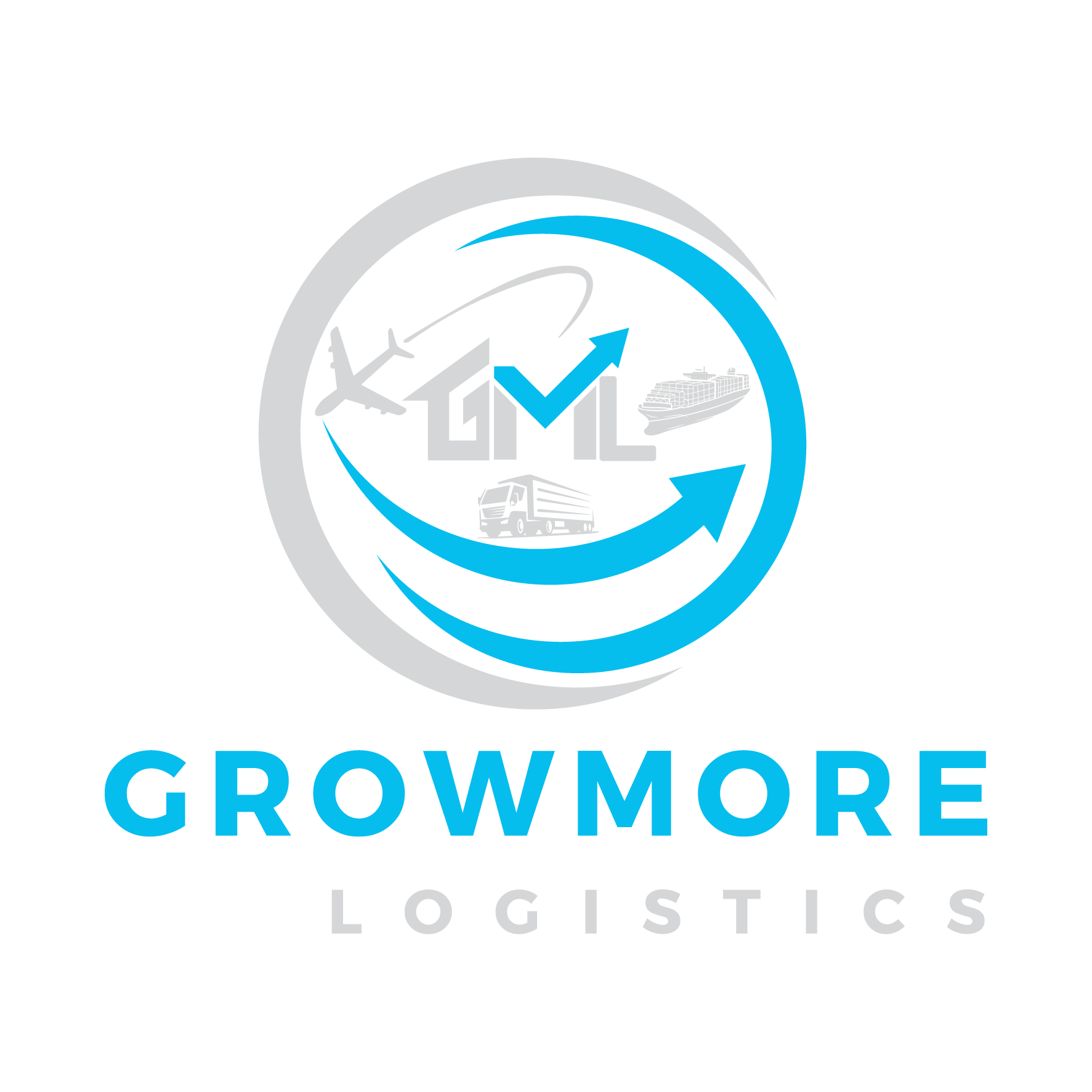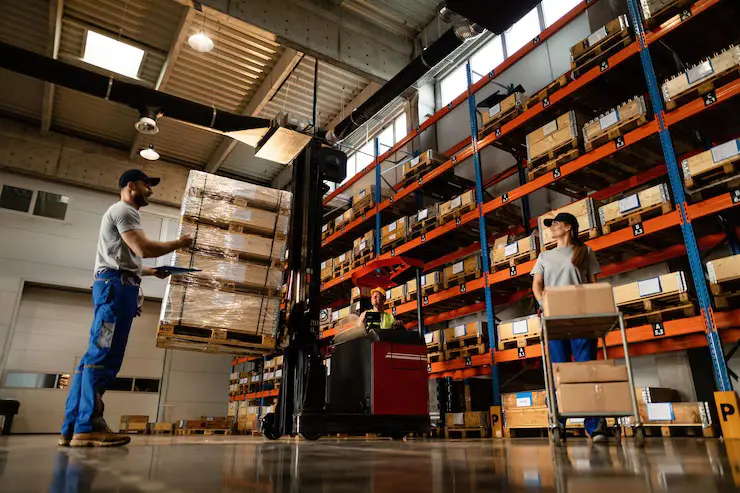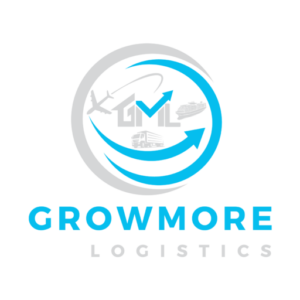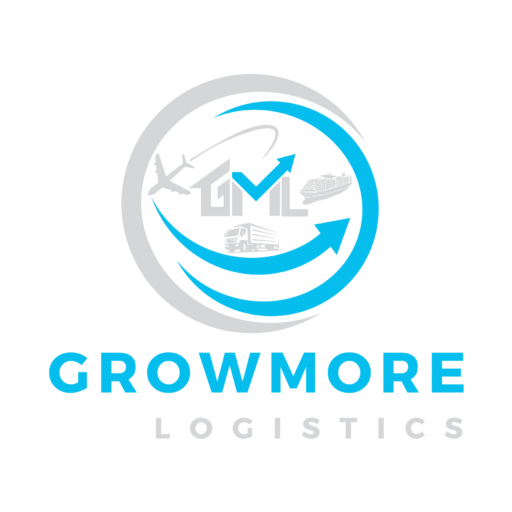Defining Third-Party Logistics and Its Core Functions
Third-party logistics (3PL) refers to the outsourcing of ecommerce logistics processes to a third-party business, encompassing everything from inventory management to order fulfillment. 3PL providers offer a variety of services including warehousing, transportation, distribution, and more, allowing businesses to focus on their core competencies while leveraging the logistics expertise of specialized providers.
By partnering with a 3PL, companies can gain access to resources and infrastructure that may be cost-prohibitive to develop in-house. The core functions of 3PL services are designed to streamline supply chain operations, enhance flexibility, and improve overall service levels.
Different Categories of Third-Party Logistics Providers
The landscape of third-party logistics providers is diverse, with each type offering specific services tailored to various business needs. Standard 3PL providers offer basic services such as storage and distribution, while service developers provide value-added services, including tracking and tracing, cross-docking, and specific packaging.
Customer adapters take control of a company’s entire logistics function, and customer developers integrate themselves even more deeply, effectively becoming the company’s internal logistics team. Choosing the right category depends on the company’s size, needs, and the complexity of its supply chain.
Determining the Right Time to Partner with a 3PL
Deciding when to partner with a 3PL provider is crucial for businesses looking to scale efficiently. Signs that it might be time include experiencing rapid growth that is straining current logistics operations, facing challenges in managing supply chain complexity, or requiring expansion into new markets without the necessary infrastructure.
A 3PL partnership can be particularly beneficial when a business is looking to optimize costs, improve customer service, and focus on core business activities without the distractions of operational logistics.
Factors to consider when choosing a 3PL provider
Selecting the right 3PL provider is a decision that can significantly impact a business’s operational efficiency. Key factors to consider include the provider’s reliability, scalability, and experience within your specific industry. Additionally, consider the technological capabilities of the 3PL, their network and reach, customer service record, and the overall cost-effectiveness of their solutions.
Assessing a 3PL’s ability to integrate with your current workflows and systems is also critical, as is their track record for innovation and continuous improvement in logistics strategies.
Amazon’s 3PL Services and Supply Chain Solutions
Amazon has set a benchmark in 3PL services with its vast network of fulfillment centres and cutting-edge supply chain solutions. Through its Fulfillment by Amazon (FBA) program, sellers can store their products in Amazon’s fulfillment centres, where Amazon takes responsibility for packing, shipping, and providing customer service for these products.
Amazon’s robust supply chain infrastructure and advanced data analytics allow for a seamless logistics operation that can significantly benefit sellers by increasing their visibility and reach on the e-commerce giant’s platform.
Cost Reduction Strategies through 3PL
Partnering with a 3PL can lead to substantial cost savings through economies of scale, more efficient inventory management, and reduced need for investment in logistics infrastructure. By tapping into the 3PL’s expertise and resources, businesses can avoid the financial burden of maintaining warehousing space, transportation fleets, and specialized staff.
Additionally, 3PLs often have established relationships with carriers, which can result in better shipping rates and terms for their clients, further driving down logistics costs.
Enhancing Efficiency with Expert Logistics Management
Efficiency in logistics is not just about speed; it’s about the smart allocation of resources and continuous optimization of the supply chain. 3PL providers bring a level of expertise and technology that can significantly enhance operational efficiency. They offer sophisticated software and tracking systems that provide real-time visibility into inventory levels, order status, and shipment tracking.
With the help of these tools, businesses can make data-driven decisions to streamline processes, reduce waste, and increase productivity, all of which contribute to a more efficient supply chain.
Scalability and Flexibility: Adapting to Business Needs
Scalability and flexibility are two of the most significant benefits of using third-party logistics. A 3PL can adjust to a business’s fluctuating needs, handling peak seasons or unexpected surges in demand with ease. This adaptability ensures that businesses can scale their operations up or down without the risks and costs associated with investing in their own logistics capabilities.
The flexibility offered by 3PLs means that businesses can explore new markets and test new products without committing to long-term logistics arrangements, giving them the freedom to innovate and respond to market changes quickly.
Assessing the Impact of 3PL on Customer Satisfaction and Competitive Advantage
The use of third-party logistics can have a profound impact on customer satisfaction by ensuring faster delivery times, higher service levels, and responsive customer support. A reliable 3PL can help build a company’s reputation for excellence in fulfillment, which in turn can lead to customer loyalty and repeat business.
Moreover, by outsourcing logistics to a 3PL, businesses can focus their resources on product development, marketing, and other strategic initiatives, thereby gaining a competitive advantage in their industry. The collaboration with a 3PL can be a strategic move that not only improves operational performance but also positions the company as a customer-centric and agile player in the marketplace.
GrowMore your ecommerce business faster with 3PL
Ecommerce businesses can experience accelerated growth by leveraging third-party logistics 3PL services due to the scalability and expertise these providers offer. A third-party logistics 3PL can manage the complexities of warehousing, order fulfillment, and returns efficiently, allowing ecommerce businesses to handle higher volumes of orders and focus on customer acquisition and retention strategies.
By outsourcing logistics, ecommerce companies can also take advantage of the 3PL’s established distribution networks to expedite shipping times and reduce costs, thereby enhancing the customer experience.



